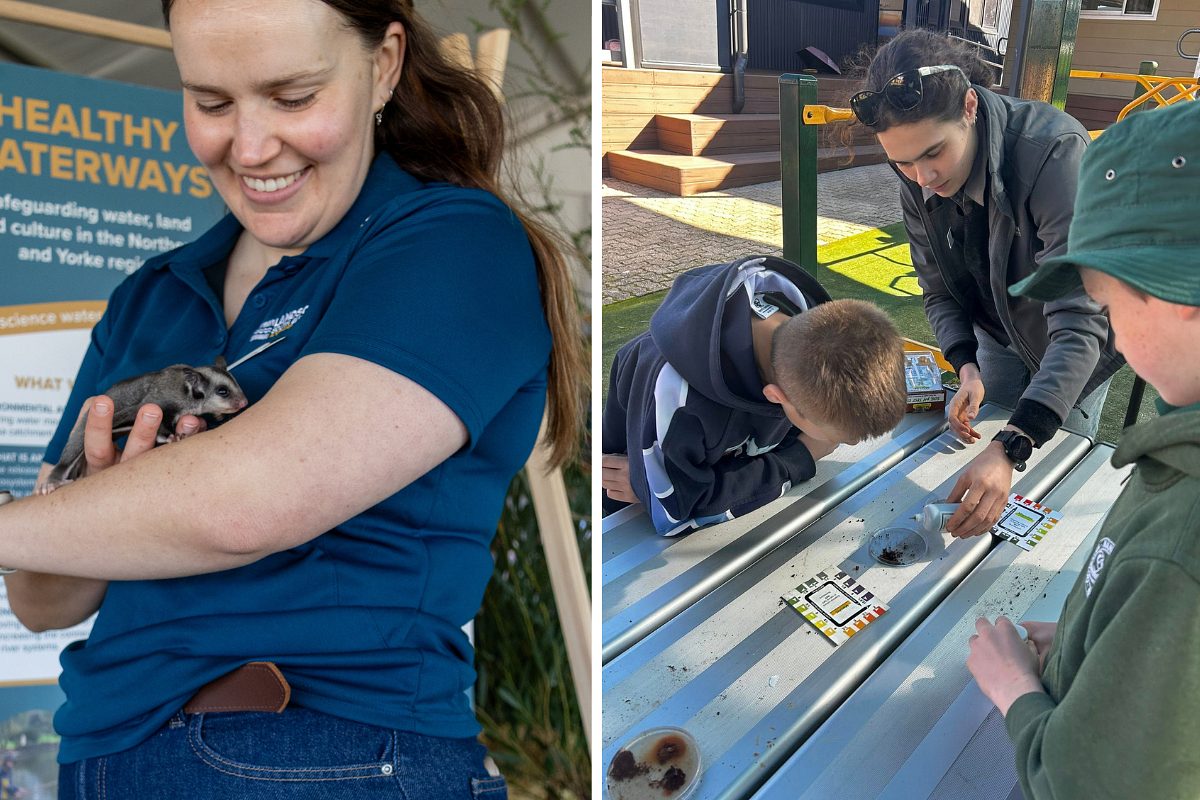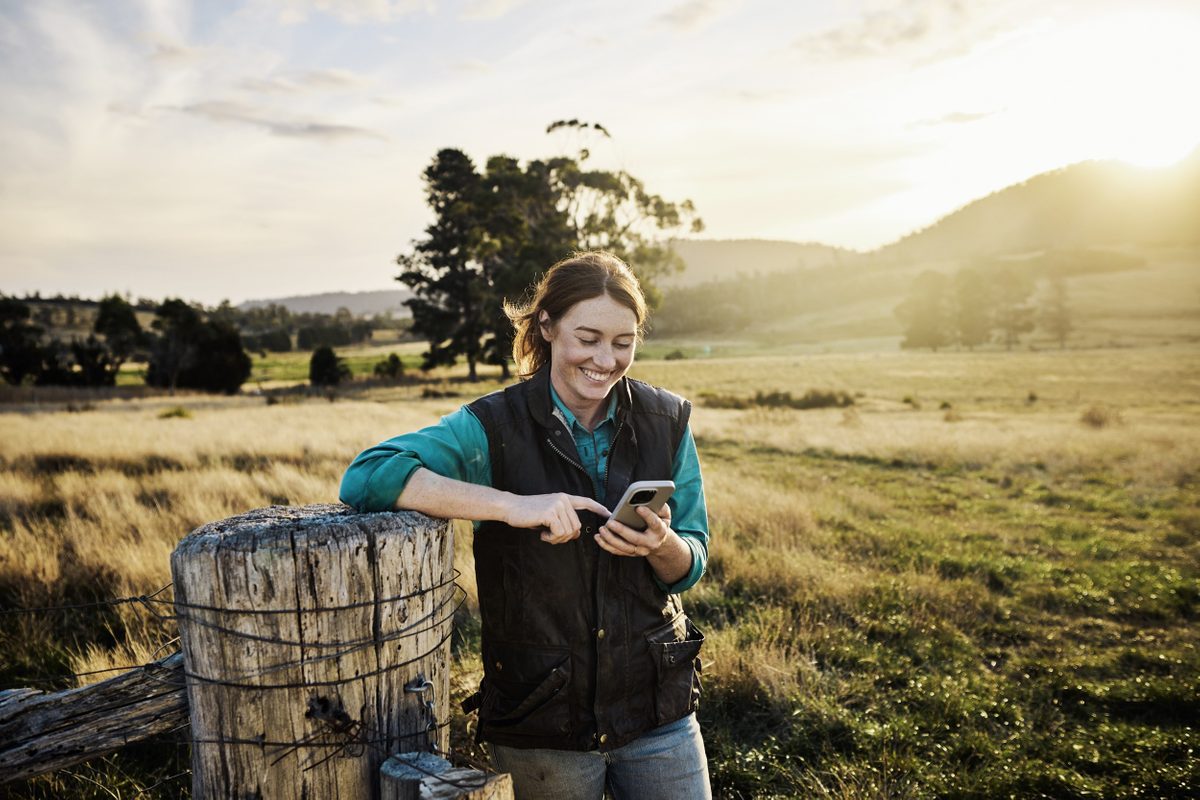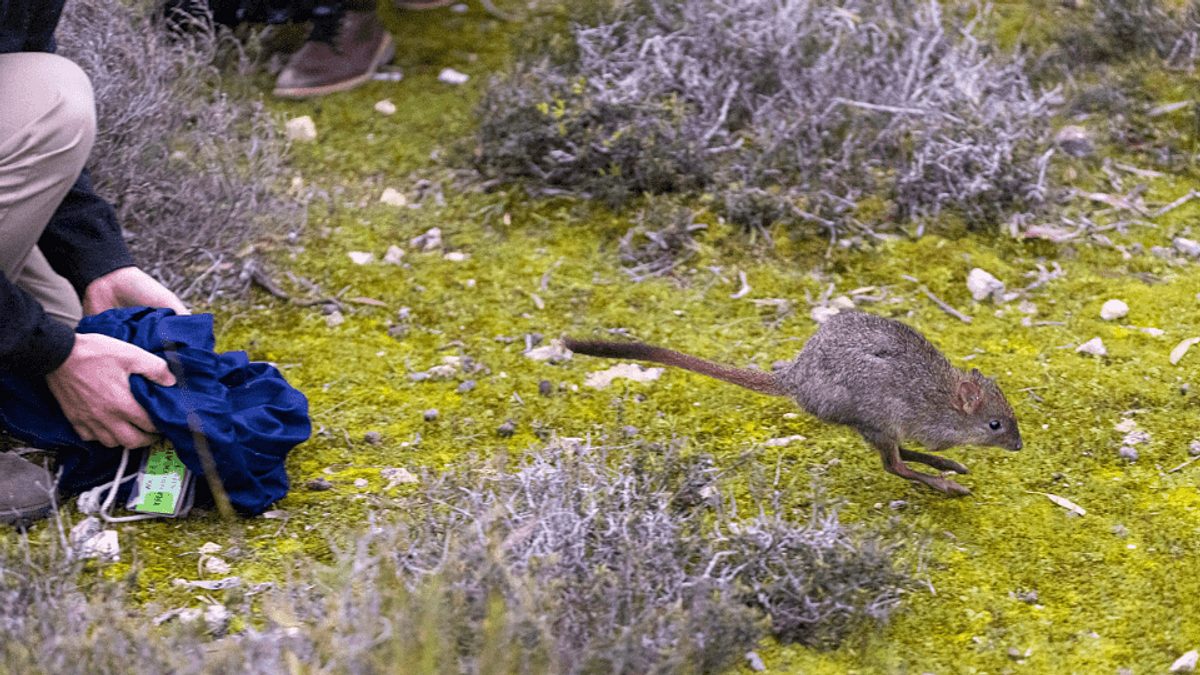Great Southern Ark project renamed Marna Banggara
Media release on Great Southern Ark renamed Marna Banggara
The Great Southern Ark, an innovative land management project on southern Yorke Peninsula has been renamed Marna Banggara to honour the district’s Traditional Custodians, the Narungga People.
The terms originate from Narungga dialect with marna meaning ‘healthy or prosperous’ and banggara signifying ‘Country’, reflecting the project’s aim to achieve improved economic and agricultural outcomes by enhancing biodiversity and the health of the district’s natural systems.
Narungga Nation Aboriginal Corporation Business Manager Garry Goldsmith said renaming the project was a significant milestone.
“Using our language for this project means more than a name,” said Mr Goldsmith.
“It means there’s a sense of support from the wider community to acknowledge the Narungga people as the Traditional Owners, who have looked after this Country for thousands of years.
“We want to make the Country healthy again and returning some of the native animals is an integral part of this. Hopefully they will thrive and help ensure that our flora also continues to grow and flourish.”
The Marna Banggara project is based on a model of rewilding that involves returning native species that can help restore the landscape’s ecological function. It is unique from most other rewilding projects in that the project area is part of a working landscape, where agriculture, local business, the community and reintroduced species will co-exist.
As reflected in the new name, it is hoped Marna Banggara will deliver flow-on benefits to the various facets of Yorke Peninsula, such as improved lamb survival rates for farmers and eventually new eco-tourism opportunities that allow the local economy and community to continue to prosper.
After a decade of planning, Marna Banggara is building momentum, with the first locally-extinct species, the Brush-tailed Bettong, due to be released on southern Yorke Peninsula in autumn next year.
In preparation, the project team is continuing its fox and feral cat control and monitoring activities. Five translocation sites have also been selected in remnant vegetation locations south-west of Warrenben Conservation Park where the bettongs will be released.
Landscape Ecologist Grace Hodder said finding ideal sites to rehome these small, nocturnal creatures was an important part of the project, which aims to create a safe haven for Australia’s most threatened species.
“Forty different locations on private and public land were surveyed in an attempt to give the reintroduced animals the best chance of survival,” said Ms Hodder.
“Preferred sites have dense, shrubby cover that will allow the brush-tailed bettongs to seek shelter from predators and also leaf litter and sticks, which can be used for nest building.”
The translocation of Brush-tailed Bettongs from regional Western Australia will be a major milestone in the project’s species reintroduction plans, which include translocating another three key native species and augmenting the existing Barn Owl population.
The southern Yorke Peninsula’s distinctive geography as a ‘mainland island’ make it an ideal location for these translocations. It is surrounded by sea on three sides with uninterrupted farmland to the north, providing an isolated area that also has large areas of high quality native vegetation.
The Great Southern Ark project is a collaborative project led by the Northern and Yorke Landscape Board, through funding from the Australian Government’s National Landcare Program and the South Australian Department for Environment and Water, WWF Australia and Foundation for National Parks and Wildlife. Other partners actively involved in developing the project are Zoos SA, FAUNA Research Alliance, BirdLife Australia, Nature Conservation Society of SA, Narungga Nation Aboriginal Corporation, Primary Producers SA, Primary Industries and Regions SA, Conservation Volunteers Australia, Legatus Group, Yorke Peninsula Council, Yorke Peninsula Tourism, Regional Development Australia, South Australian Tourism Commission, and the Scientific Expedition Group.
For more information about Marna Banggara, contact the Northern and Yorke Landscape Board in Clare on 8841 3444.


